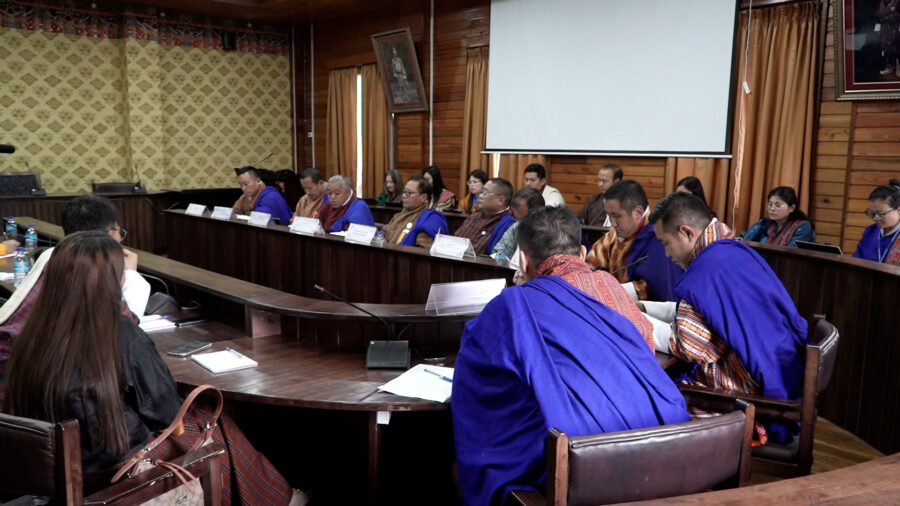
Despite concerns about a possible violation of the Public Finance (Amendment) Act 2012, the assembly members said they acted within legal boundaries to implement three tax bills starting January next year. The national assembly passed Goods and Services Tax, Income Tax, and Excise Tax bills.
The National Council had said that the assembly was violating the Public Finance (Amendment) Act.
According to the Public Finance (Amendment) Act 2012, any tax change passed by parliament takes effect retroactively from the date it was first tabled in the national assembly.
But the national assembly maintains that they did not violate the act.
Deputy Speaker Sangay Khandu said implementing the bills immediately would cause operational chaos.
Other MPs supported the view, stating that the bills represent a complete overhaul of Bhutan’s tax system, not just minor amendments and therefore require proper awareness and training for the relevant stakeholders before implementation.
They said legal experts from within and outside the Parliament guided the process thoroughly.
Sangay Khandu, Deputy Speaker said, “In Parliament, when we frame laws, even if we are told that we may be violating existing laws, we must ensure that we do not violate the Constitution. If a new law conflicts with existing ones, we make use of all available legal tools, including saving clauses, which are applied as exceptions, particularly in the case of these three bills.”
Rinchen Wangdi, the chairperson of the Economic and Finance Committee said, “We recommended enacting the law from January so we could begin training early. But without a passed Act, it’s not feasible. There are practical challenges. GST was well justified. However, because Excise and Income Tax are integrated into the Bhutan Integrated Taxation System (BITS), we couldn’t implement them immediately. Even though we initially thought Excise could take effect from the tabling date, it wasn’t technically possible.”
Kuenga, the chairperson of the Legislative Committee said, “By applying the saving clause instead of enforcing Section 46(B) of the Public Finance (Amendment) Act, we’re also being cautious. There’s a risk that people might halt the sale of alcohol now and stockpile it to sell later at higher prices. This could hurt manufacturers. The government is taking measures to prevent such outcomes, and they will take responsibility.”
The bills have been submitted for Royal Assent.
Samten Dolkar
Edited by Tandin Phuntsho









